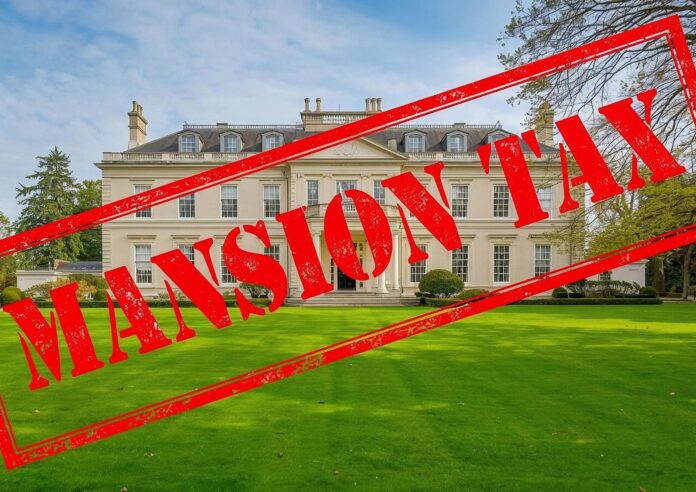A leading City figure has warned that imposing capital gains tax (CGT) on primary residences would leave millions of homeowners worse off and risk pushing pensioners into financial distress.
Property Soup reported last week how Rachel Reeves was reported to be weighing up plans to levy CGT on the sale of high-value homes as she searches for ways to fill a £40 billion shortfall in the public finances.
The Chancellor is thought to be examining options for the autumn budget that would end the long-standing exemption from CGT on primary residences.
The move would amount to a “mansion tax”, with higher-rate taxpayers paying 24% of gains and basic-rate taxpayers 18%.
INVESTMENT LOSS

But Charles Beazley, the former chairman and chief executive of Nikko Asset Management, said proposals for a flat CGT on main homes failed to recognise the unique role of mortgages in home ownership, contrasting them with other asset classes.
In a letter to The Times last Friday Beazley said: “If a house doubles in value over 25 years, the house is sold and the gain (say 100 per cent) is taxed at 18 to 24 per cent, on top of interest rate costs.
“This will result in an investment loss on an interest-only mortgage. On a repayment mortgage the “gain” after the tax would be minuscule or negative, depending on rates.
“Simply put, mortgage costs cannot be ignored. Can you imagine what the regulators would do to an investment adviser if they tried to sell this proposition to a client on any other asset? Break even or lose over 25 years.”
BREATHTAKING PUNISHMENT
And he warned: “Working people who take on the risk and must strive hard to make the mortgage payments on their homes – and rely on an investment capital gain that can assist them in their later years – will be unable to downsize and may become destitute.
“Equity release will be problematic. The disincentive to investment and home ownership (once properly explained) is astonishing. The punishment to the elderly and the retired is breathtaking.”
His intervention comes amid growing debate over the possibility of new property taxes as the government attempts to address a multibillion-pound shortfall in the public finances. Critics argue that reforms targeting family homes would risk freezing mobility in the housing market and deepen the affordability crisis facing younger buyers.



